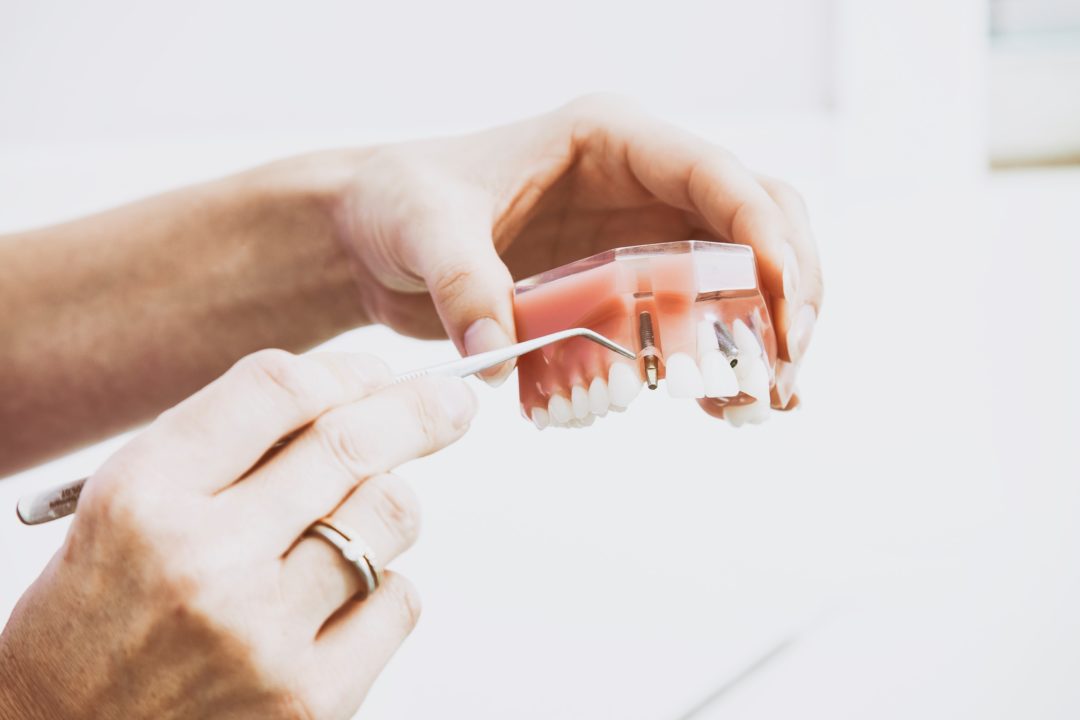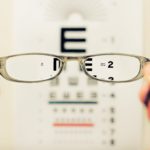While it’s nice to have a pretty smile as you grow older, there’s more to good dental hygiene than meets the eye. While we all know that it can lead to cavities and gum disease, poor dental health can also increase your risk of diabetes, heart disease and respiratory disease.
When we’re young, our oral cavity is pretty resilient. As such, it’s not as susceptible to infection, which is caused by fungus and bacteria. As we grow older, though, it’s easier for fungus and bacteria to attach to the teeth and penetrate into the gum line, causing gum disease and other complications.
Common Problems
To keep your teeth and gums in good shape throughout the so called golden years, you should see your dentist regularly and be aware of the following problems:
Tooth decay. This is not uncommon in older men and women. In fact, it’s estimated that between 29 and 59% of all people over 50 have some form of tooth decay. If it isn’t treated, decay can lead to an infection and even the loss of a tooth. The rules you learned as a child still hold true today: Brush twice and floss once each day and see your dentist regularly.
Grinding teeth. You may be grinding your teeth and not even know it, largely because most grinding happens while you’re asleep. Known as bruxism, it can be very destructive to your teeth and cause a lot of damage. To prevent this, you may want to speak with your dentist to see if a simple night guard can keep your pearly whites from being ground down to nubs.
Periodontal disease. Seventy percent of all tooth loss is caused by gum disease. A lot of things can cause it, but once it becomes periodontitis, only surgery will be able to save your teeth. In its earliest stages, it can be treated without surgery.
Oral cancer. Even if you don’t smoke or drink alcohol to excess, you can still get oral cancer. As you age, the risk of getting oral cancer increases. Regular dental check ups can help the dentist spot the presence of cancerous cells before they can form lesions.
Dry mouth. On average, an adult produces four to six cups of saliva each day, but this amount drops off as we age. Without sufficient saliva we can get xerostemia, or dry mouth. A shortage of saliva can allow bacteria to more readily form in your mouth, leading to serious health issues down the road.
Maintaining Good Oral Hygiene
To keep your teeth looking good while keeping dental issues at bay, you should do the following:
Brush your teeth twice daily and use a soft-bristled brush. Hard bristles can actually strip the enamel off your teeth. If you have arthritis you may find that an electric toothbrush will work well for you.
Brush in short back and forth, up and down motions. Remember to brush the inside walls of your teeth and tongue as well as the roof of your mouth.
Be sure you rinse your brush off thoroughly after using it and let it air dry. This will kill any bacteria on the toothbrush.
You should use a new toothbrush every three to four months. If you have an electric toothbrush replace the head every three to four months.
Floss every day and be thorough. One tooth at a time, pull the floss from the gum line to the top of the tooth and be sure that you pass the floss over every side of the tooth.
When you’re done, rinse with antimicrobial mouthwash. This will reduce the formation of plaque.
Visit you dentist at least once a year, more often if your dentist recommends it.





